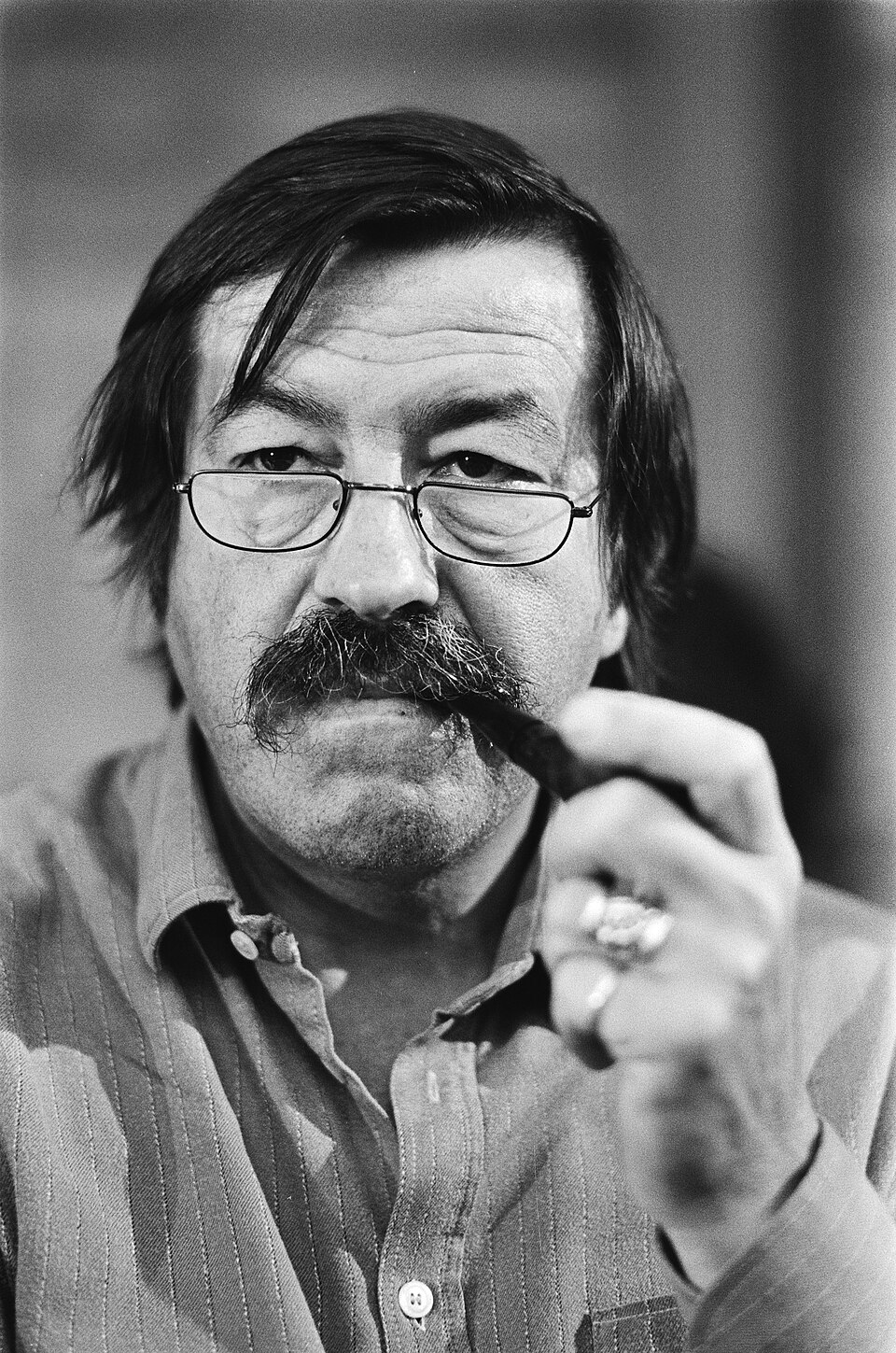
Günther Grass
Günther Grass (1927-2015) was a prominent German novelist, poet, playwright, and visual artist, best known for his novel 'The Tin Drum' (1959), which reflects on the complexities of German identity and history during and after World War II. A key figure in post-war German literature, Grass was awarded the Nobel Prize in Literature in 1999 for his body of work that often explored themes of guilt, memory, and the moral responsibilities of individuals in society. His writings frequently challenged the collective memory of the Holocaust and examined the consequences of nationalism and totalitarianism. Grass's own experiences as a soldier in the German army during the war, combined with his later reflections on his past, deeply influenced his literary voice, making him a controversial and celebrated figure in German culture.
Born on Oct 16, 1927 (98 years old)
Global Media Ratings
Countries Mentioned
No country-level mention data available.
Interactive World Map
Each country's color is based on "Mentions" from the table above.
Recent Mentions
 Costa Rica:
Günther Grass's novel 'The Tin Drum' explores the theme of guilt in the context of Nazi Germany.
7
Costa Rica:
Günther Grass's novel 'The Tin Drum' explores the theme of guilt in the context of Nazi Germany.
7
 Venezuela:
Günther Grass's novel 'El tambor de hojalata' explores themes of guilt and the Nazi party through the character Oskar.
7
Venezuela:
Günther Grass's novel 'El tambor de hojalata' explores themes of guilt and the Nazi party through the character Oskar.
7
